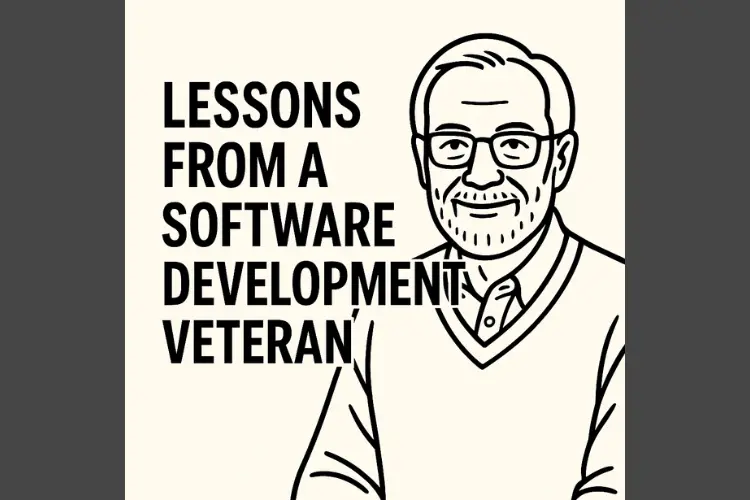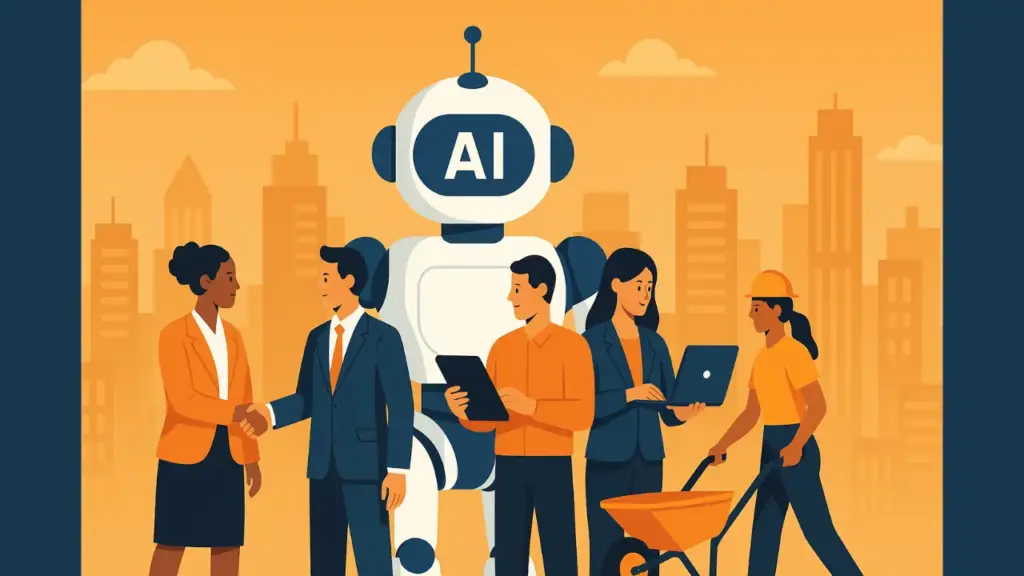Introduction: A Historic Turning Point in Employment
Artificial intelligence is reshaping the global workforce faster than most people realize. While automation sparks fear about job losses, a more powerful trend is emerging—AI is set to become the largest job creator in history.
According to the World Economic Forum’s Future of Jobs Report 2025, AI will add 170 million new jobs globally by 2030, even as it eliminates 92 million existing ones. That’s a net gain of 78 million roles—a scale of employment growth never before triggered by a single technology.
This forecast isn’t speculative. The report is built on data from over 1,000 companies, spanning 22 industries and 55 countries, and accounts for more than 14 million workers.
What the Numbers Reveal
Here’s the key takeaway: the rise of AI won’t shrink the workforce—it will expand it. With 170 million new jobs on the horizon and 92 million roles phased out, the shift will require reskilling, not retreat.
Within that, AI and data-related fields alone are expected to create 11 million roles, even though 9 million will be replaced in similar domains. The net result is a transformation of industries, not their disappearance.
Jobs Growing Beyond the Tech Sector
Surprisingly, not all AI-fueled job growth is within the tech industry. In fact, many of the fastest-growing occupations are in everyday sectors, including:
- Delivery and logistics
- Healthcare and elder care
- Education
- Agriculture
These roles are evolving alongside AI—not being replaced by it. For example:
- Teachers use AI to tailor lessons and monitor student progress.
- Nurses and caregivers rely on AI tools for patient tracking and diagnostics.
- Farmers use smart sensors and AI-powered data to improve yield and efficiency.
AI enhances productivity and accuracy in these jobs, allowing people to do more—not be replaced.
The Historical Pattern—Technology Always Creates Work
The notion that machines kill jobs is outdated. MIT economist David Autor conducted a deep dive into U.S. employment patterns from 1940 onward and found that 60% of jobs today didn’t exist back then.
From database managers to app developers, entire industries have been born out of technological progress. This trend proves that as tools evolve, new specializations arise.
What does this mean for AI? Like past innovations, it will drive entirely new industries and job types. Already, we see roles like:
- AI prompt engineers
- AI ethicists
- AI operations managers
- Fractional CTOs helping startups integrate tech affordably
These professions weren’t even in the conversation a decade ago.
Why AI Increases Job Opportunities
Technology often eliminates repetitive tasks but simultaneously unlocks new areas of value creation. AI is no different. It creates jobs by:
- Boosting output per worker
- Extending human abilities in analytics, language, and decision-making
- Opening up work that didn’t exist before (e.g., AI-human interaction designers)
Historically, we’ve seen this pattern during two key periods:
- From 1940–1980, the rise of clerical and industrial work.
- From 1980–present, an explosion in professional services, tech, and digital marketing.
Now, we’re entering the AI-driven era—with new jobs emerging faster than ever.
Adaptability Will Define Success
One thing is clear: those willing to learn new skills will thrive. Autor’s study showed that individuals with higher education levels are far more likely to be employed in newly created roles.
But college degrees aren’t the only path forward. Today’s workforce can access:
- Online learning platforms
- Bootcamps and certifications
- Micro-credentials focused on AI and tech literacy
What matters most is a growth mindset and the readiness to adapt to changing industry needs.
Lessons from a Software Development Veteran
Over 25 years in the tech industry, I’ve seen transformative cycles. When cloud platforms emerged, people feared job cuts. Instead, we saw massive demand for:
- DevOps specialists
- Cloud infrastructure architects
- Cybersecurity engineers
Today, the same is happening with AI. We’re seeing demand surge for:
- AI implementation strategists
- Fractional CTOs who guide companies through AI integration
- Human-AI collaboration experts
The key takeaway? Every technology wave unlocks new career paths—often in areas that never existed before.

Conclusion: AI’s Future Is Full of Human Potential
We’re not facing a job crisis. We’re facing a job revolution. AI will change the types of work we do—but history proves that human adaptability always wins.
If you’re a student, entrepreneur, manager, or mid-career professional, the message is the same: embrace the shift.
Start by:
- Upskilling in AI and data literacy
- Staying curious about how your industry is evolving
- Connecting with platforms like StartupHakk to stay informed and empowered
This is your opportunity to ride the wave—not get left behind. The AI economy is growing, and the future of work is bright for those who evolve with it.




